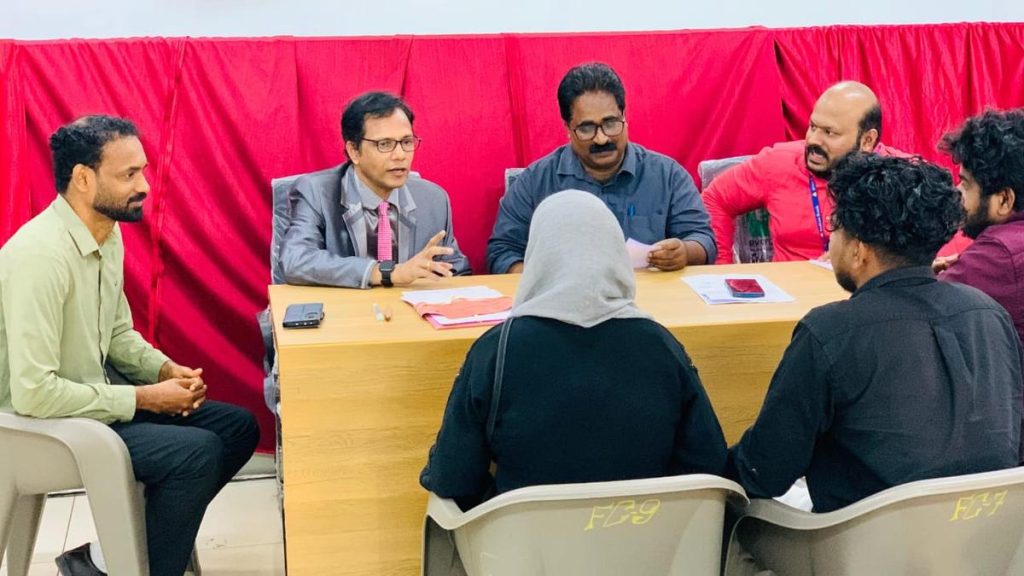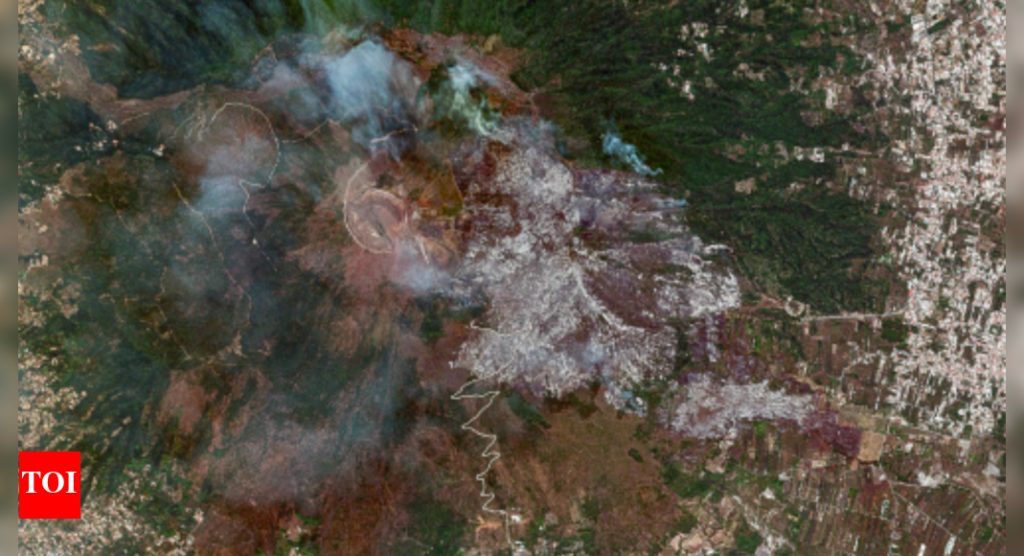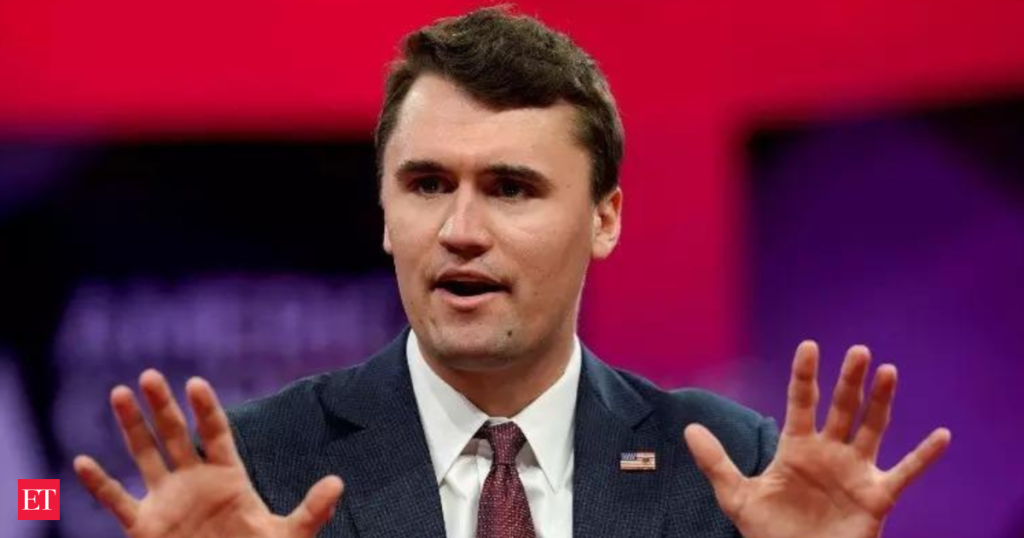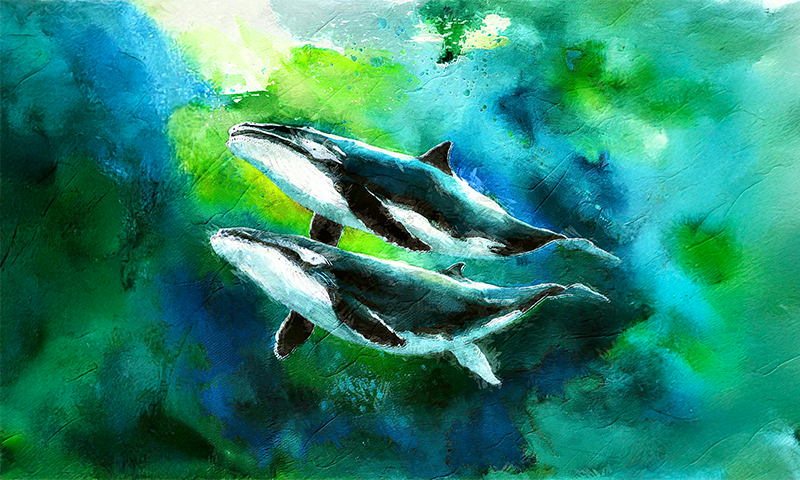Now Reading: Is Global Turmoil Taking a Toll on You?
-
01
Is Global Turmoil Taking a Toll on You?
Is Global Turmoil Taking a Toll on You?

Swift Summary:
- Definition of weltschmerz: A German term meaning “world pain,” initially coined by Johann Paul Richter in 1823, and signifies sorrow tied to global suffering rather than personal hardship.
- Current Relevance: Increasingly linked to modern phenomena such as social media consumption, climate anxiety, and political unrest. It encapsulates feelings of despair that arise from exposure to the world’s ongoing challenges.
- Historical Context: Literary works like Goethe’s The Sorrows of Young Werther and philosophers like Schopenhauer have explored Weltschmerz, connecting it with pessimism and existential disappointment.
- risk Factors Today:
– Exposure through social media may lead to secondary trauma or emotional overload due to affective empathy.- Expanding identity connections across cultures increases susceptibility due to wider concern for others.
– Cognitive dissonance arises when events challenge deeply held beliefs about the world.
- Modern responses:
– Activism may alleviate feelings but can also exacerbate frustration if progress is slow on large-scale issues like global warming or poverty reduction.
– Digital detoxes offer psychological relief but pose ethical considerations regarding disengagement from widespread suffering.
Indian Opinion Analysis:
India’s growing engagement with global events via digital platforms mirrors many risks associated with Weltschmerz, emphasizing its increasing relevance in a connected and empathetic society. Enhanced technological access accelerates exposure among both urban populations and rural users via ubiquitous smartphones, perhaps heightening vicarious trauma over crises such as humanitarian disasters or climate challenges. Balancing awareness with proactive action becomes crucial-not only for personal well-being but also for India’s collective conscience.
India stands poised within this discourse due to its unique socio-political contribution; movements focusing on sustainability, disaster response efforts, or inclusive growth could emerge as models globally if properly nurtured. On mental health policy fronts, national initiatives must incorporate coping mechanisms against overwhelming digital facts without losing sight of moral duty-a mindset shift towards caring “differently” aligns with Shaw’s proposition cited above while fostering resilience amid complexity.


























